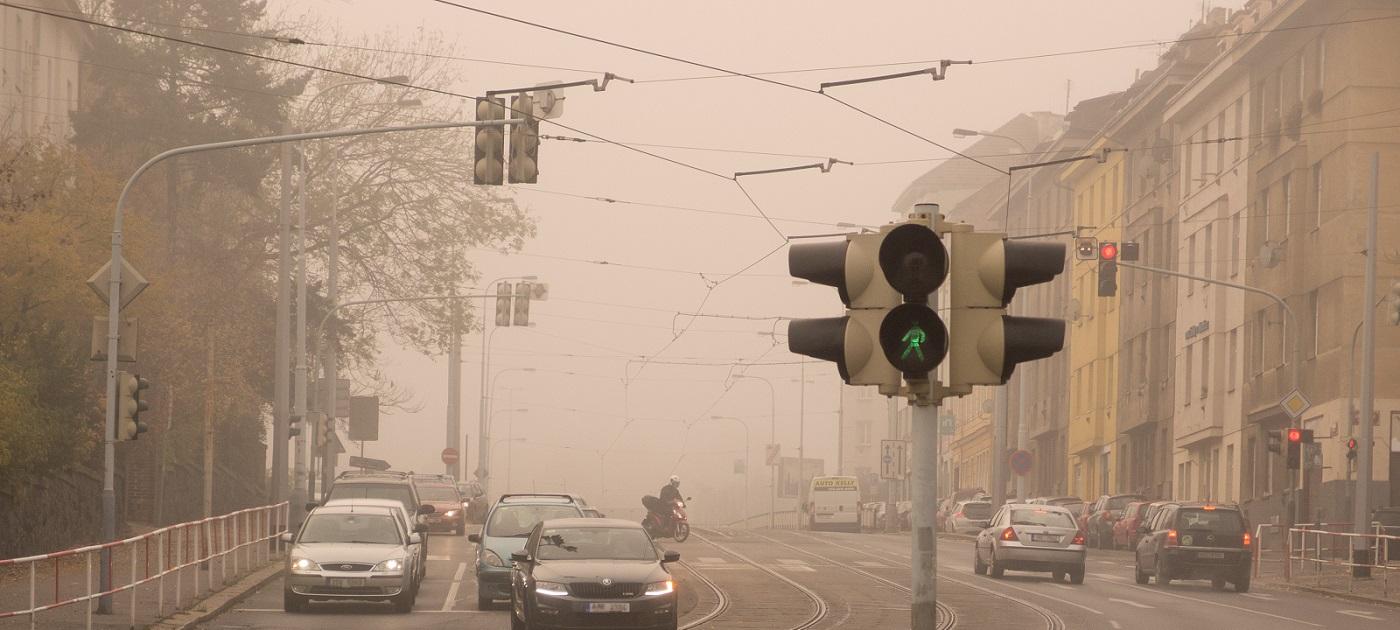Researchers say deaths linked to COVID-19 and air pollution represents ‘potentially avoidable, excess mortality’.
Long-term exposure to air pollution may be linked to 15 percent of COVID-19 deaths globally, according to a new study.
Published in the journal Cardiovascular Research on Tuesday, the research from German and Cypriot experts analysed health and disease data from the United States and China relating to air pollution, COVID-19 and SARS – a respiratory illness similar to the new coronavirus disease.
The authors combined this with satellite data of global exposure to particulate matter – microscopic particles – as well as ground-based pollution monitoring networks, to calculate the extent to which air pollution could be blamed for COVID-19 deaths.
In East Asia, which has some of the highest levels of harmful pollution on the planet, the authors found that 27 percent of COVID-19 deaths could be attributed to the health effects of poor air quality.
The proportion was 19 percent in Europe, and 17 percent in North America.
The authors said the deaths linked to COVID-19 and air pollution represented a “potentially avoidable, excess mortality” and that exposure to particulate matter in air likely aggravated “co-morbidities that lead to fatal outcomes” of infection by SARS-CoV-2, the virus that causes COVID-19.
“If both long-term exposure to air pollution and infection with the COVID-19 virus come together then we have an adverse effect on health, particularly with respect to the heart and blood vessels,” said the paper’s co-author Thomas Munzel.
He said that air pollution made known COVID-19 risk factors such as lung and heart problems more likely. Specifically, the team noted that particulate matter appeared to increase the activity of a receptor on lung cell surfaces, ACE-2, which is known to be involved in the way COVID-19 infects patients.
“So, we have a double hit: air pollution damages the lungs and increases the activity of ACE-2, which in turn leads to enhanced uptake of the virus,” said Munzel, a professor at the University Medical Center of the Johannes Gutenberg University, Mainz.
‘Reduce emissions’
The authors stressed that attributing COVID-19 deaths to air pollution did not mean that pollution itself was killing people with the disease, although they did not rule out such a cause-effect linkage.
Jos Lelieveld, of the Max Planck Institute for Chemistry, told the AFP news agency that the research suggested “the pollution particles are a co-factor in aggravating the disease”.
He said their estimates suggested that more than 6,100 coronavirus deaths in the United Kingdom could be attributed to air pollution. In the US that figure is approximately 40,000.
More than 1.1 million people worldwide have died from COVID-19 since the start of the pandemic, according to data from the Johns Hopkins University.
The authors said that without a fundamental change in how cities power themselves, including a transition to clean and renewable energy sources, air pollution would continue to kill huge numbers of people even after the pandemic recedes.
“The pandemic ends with the vaccination of the population or with herd immunity through extensive infection of the population,” they wrote.
“However, there are no vaccines against poor air quality and climate change. The remedy is to mitigate emissions.”
SOURCE : NEWS AGENCIES

